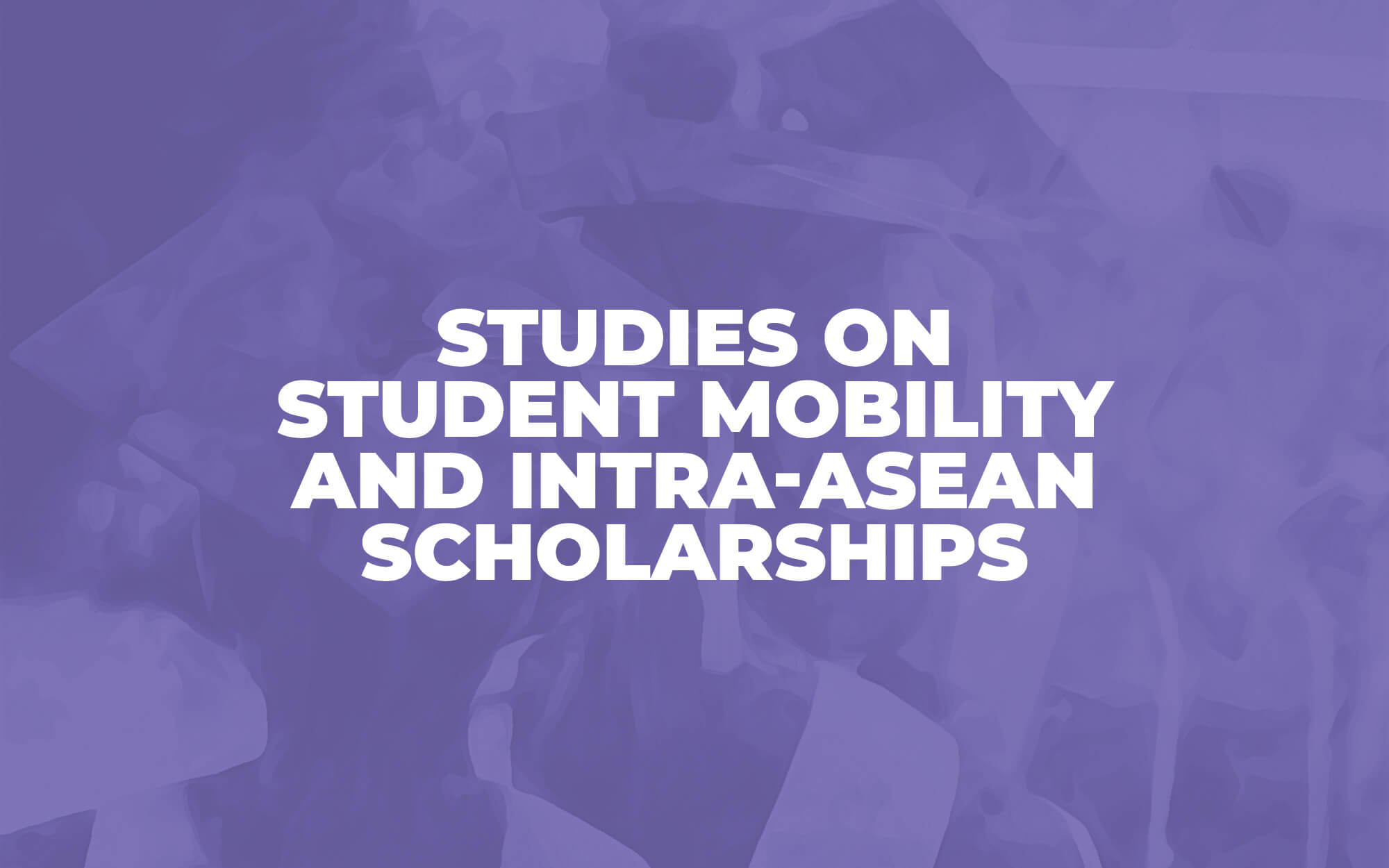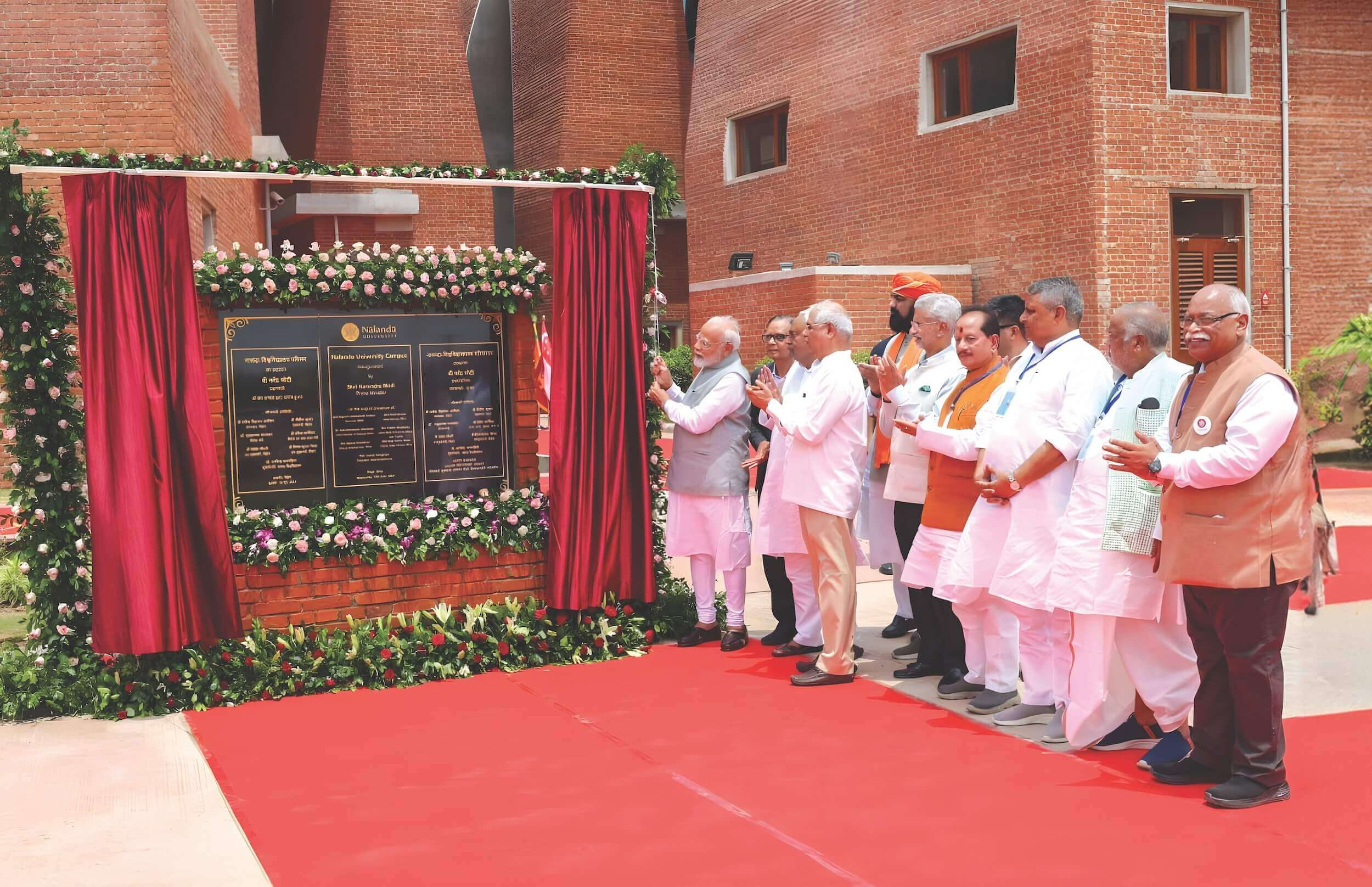




The ASEAN Qualifications Reference Framework (AQRF) is a regional framework that compares higher education qualifications across ASEAN Member States based on learning outcomes. It offers a neutral influence on national qualifications frameworks (NQF) or national qualifications systems (NQS) so that Member States can be responsive to national priorities. While it plays a significant role in creating transparency and enhancing the zone of trust, the AQRF is not a tool for automatic recognition, standards, and harmonisation.
The AQRF was endorsed by the ASEAN Economic Ministers Meeting (AEM) in August 2014, the ASEAN Education Ministers Meeting (ASED) in September 2014, and the ASEAN Labour Ministers Meeting (ALMM) through ad-referendum from November 2014 to May 2015.
Subsequently, the AQRF Governance and Structure document was endorsed by ALMM and ASED in May 2016 and AEM in August 2016. It provided the basis for the establishment of the AQRF Committee to implement the AQRF.
Purposes and benefits of AQRF
The AQRF serves the following purposes and benefits:
- Support recognition of qualifications
- Develop qualifications frameworks to encourage lifelong learning
- Develop national approaches to validate learning gained outside formal education
- Promote worker’s mobility
- Promote education and learner’s mobility
- Improve understanding of qualifications systems
- Promote a higher quality qualifications system
Progress in referencing NQFs with AQRF
Referencing is a process that establishes the relationship between the eight-level AQRF and the NQF or qualifications system of the participating ASEAN Member State. The number of levels in an NQF may differ. AQRF would, therefore, improve the understanding of the qualification of each level of an NQF or qualifications system of the participating Member State. AQRF also works as an information tool to facilitate the recognition of qualifications and does not replace the decision-making process of the competent authorities in each ASEAN Member State.
The referencing process from NQF to AQRF involves these parties:
- ASEAN Economic Ministers Meeting, the ASEAN Education Ministers Meeting and the ASEAN Labour Ministers Meeting, responsible for endorsing the referencing report upon the AQRF Committee’s recommendation
- AQRF Committee, responsible for providing transparency and building a zone of trust, assessing referencing reports against AQRF criteria, and advising National AQRF Committees on how to meet all criteria
- National AQRF Committee, responsible for developing and submitting the referencing report to the AQRF Committee for consideration
- National AQRF Technical Committee, responsible for taking up the role of member/representative, alternative member and focal point representing the country in AQRF Committee
- International Expert, responsible for sharing knowledge, expertise, and best practices on qualifications framework from around the region and the world
- Stakeholders’ Consultation, responsible for providing relevant feedback on the NQF alignment to AQRF

Achievements
The referencing reports for Malaysia and the Philippines were endorsed by the 6th AQRF Committee Meeting on 22 May 2019, whilst the reports for Indonesia and Thailand were endorsed intersessionally on 9 December 2019 and 31 January 2020, respectively.
Following the endorsement and submission of the final report, participating ASEAN Member States have taken steps to communicate with their relevant stakeholders through talks and seminars, promotional materials such as brochures, and publications of executive summaries for easy understanding. There are also attempts to update, improve, and align NQFs and other quality assurance documents with AQRF to achieve a more robust national qualifications system and update other ongoing higher education initiatives.
New Zealand and Australia commended all the Member States for their strong commitment to reference their NQFs to AQRF. They are impressed with the rapid learning and the responsiveness to suggestions for improvements.
The way forward
While post-referencing activities are being executed in Indonesia, Malaysia, Thailand, and the Philippines, ongoing ones are taking place in Cambodia, the Lao PDR, Myanmar, and Viet Nam. The four latter countries are finalising their partial and full referencing reports. For the remaining two, Brunei Darussalam is currently revising the BDQF to include the skills and lifelong learning pathways and intends to work with other Member States on the process of recognising prior learnings and micro-credentials at the national level and ensuring consistency across all institutions. Singapore will be providing, in written format, updates on its education system.
At this juncture, ASEAN Member States are currently undertaking discussions under AQRF Committee Work Plan No. 4.3, which consists of three focus groups. The expected outcomes of each focus group discussion are as follows:
Focus Group 1 (FG1): Digital recognition of qualifications – Introducing digital recognition of qualifications between ASEAN Member States
FG1 strives to develop an ASEAN Guideline on Digital Recognition of Qualifications and targets to finalise the guideline recommendations by the fourth quarter of 2024 for consideration at the 15th AQRF Committee meeting.
Focus Group 2 (FG2): Promoting QA principles – Promote quality assurance principles focused on qualifications
FG2 is working on identifying differences and similarities in the ASEAN Member States’ quality assurance systems.
Focus Group 3 (FG3): Third-party comparison – Developing and applying criteria and procedures to enable third-country qualifications frameworks or other regional qualifications frameworks to be compared with the AQRF
FG3 involves a comparative study between the AQRF and individual NQFs or Regional QFs (RQFs) with recommendations focusing on recognition of qualifications, mobility, and benchmarking. This group will conduct comparative studies between AQRF against several RQFs and NQFs based on Member States’ interests. A template listing the elements to be compared will also be developed to guide the Member States in conducting their study.
These focus groups under the AQRFC 2020–2025 Work Plan support and uphold AQRF’s prominent initiatives. To reflect that, AQRF must be open to updates and revisions to remain relevant when widespread use of generative AI and online learning in higher education is unavoidable.
Acknowledgement from the author:
Credits are extended to the international experts from New Zealand and Australia as well as appointed consultants who have duly reviewed and provided constructive feedback for the betterment of the AQRF Referencing Reports, and all past and present national and AQRFC members, including past chairs and vice-chairs for the commitment and dedication and services. Above all, heartfelt appreciation is also given to the Services and Investment Division officers, the Market Integration Directorate, and the ASEAN Economic Community Department in the ASEAN Secretariat for their tremendous support and hard work in the AQRF drive through the years.








